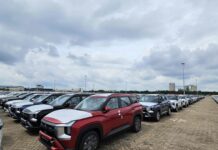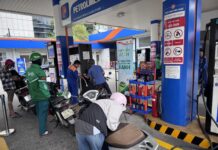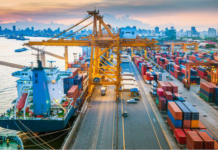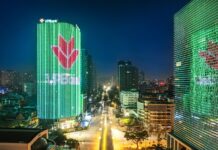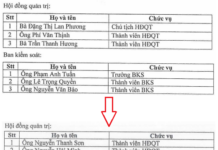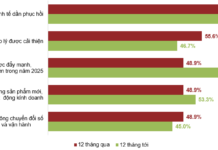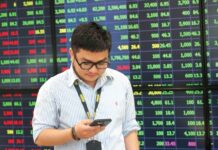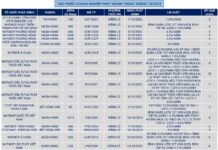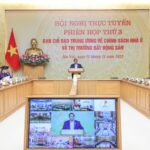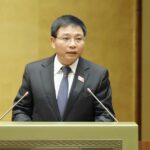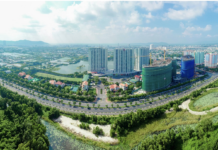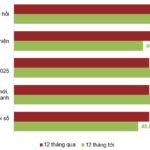
Mr. Troy Griffiths – Deputy Managing Director of Savills Vietnam
According to Mr. Troy Griffiths, Deputy Managing Director of Savills Vietnam, the period from 2025 to 2035 will be a transformative era for Vietnam’s economy. As investment and production shift toward high technology, the country will generate greater added value and solidify its position in the regional value chain.
“Vietnam boasts a rare combination of robust growth, a young population, policy reforms, and large-scale infrastructure investment. This will lay the foundation for a decade of sustainable growth, with real estate continuing to play a pivotal role in the economy,” stated Mr. Griffiths.
Strong Economic Foundation and Domestic Market Resilience
Savills’ Q3/2025 Vietnam Real Estate Market Report highlights Vietnam’s GDP growth of 7.5-8% in the quarter, leading the region. The government aims for 10% growth next year, reflecting strong confidence in recovery. Despite exchange rate fluctuations, this has enhanced export competitiveness, while a PMI above 50 indicates robust industrial recovery.
Simultaneously, retail sales and service revenues continue to rise, signaling strong consumer resilience. “Vietnam’s growth momentum is driven not only by exports but also by a dynamic domestic market with a rapidly expanding middle class,” noted Mr. Griffiths.
On the policy front, inflation is well-controlled, and interest rates remain low, fostering a favorable environment for investment and consumption. Amid global uncertainty, Vietnam’s stable financial landscape positions real estate as a secure investment and hedge against inflation.
FDI Flows, Infrastructure, and Investment Shifts
FDI into Vietnam remains steady and increasingly high-quality. While disbursement figures are not at their peak, excluding large-scale energy projects, inflows into manufacturing, technology, and real estate remain robust.
Notably, Hanoi attracted $3.5 billion in FDI last quarter, with over $3.1 billion directly invested in real estate, underscoring strong international investor confidence.
“Vietnam has moved beyond attracting investment solely through low costs. Capital is now directed toward high technology, semiconductors, computing, and value-added manufacturing, propelling the economy to new heights in the global value chain,” explained Mr. Griffiths.
Concurrently, $49 billion in infrastructure projects is committed, including the North-South Expressway, Long Thanh Airport, ring roads, and LNG projects. Once completed, this network will reshape Vietnam’s urban map, connecting new growth hubs and expanding development opportunities for secondary cities like Binh Duong, Dong Nai, Hai Phong, and Quang Ninh.
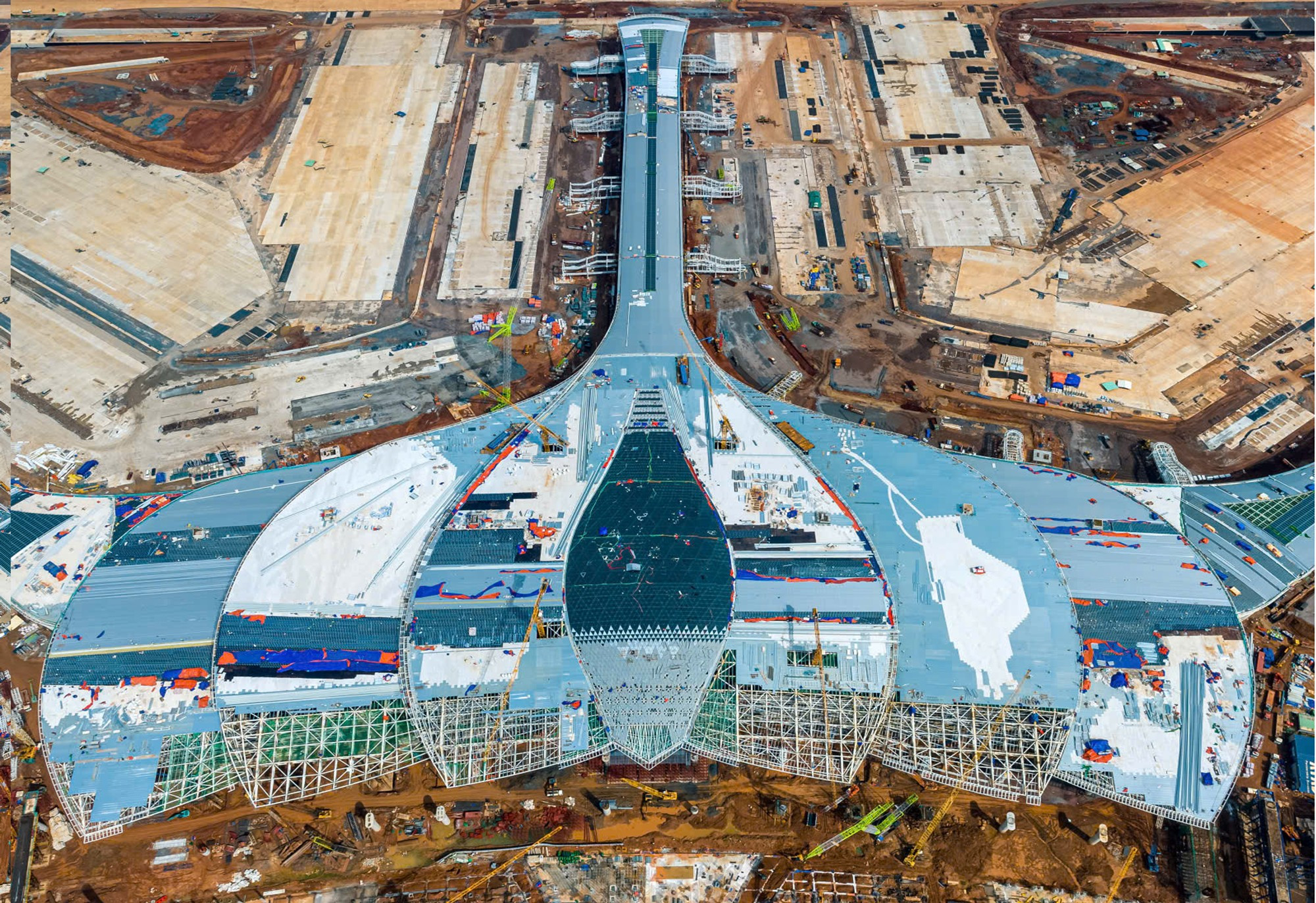
Upon completion, the infrastructure network will redefine Vietnam’s urban landscape.
“Infrastructure is the most critical growth driver for the next decade. Coupled with rapid urbanization, satellite cities will emerge as new real estate development hubs,” emphasized Mr. Griffiths.
Policy Reforms, Urbanization, and Sustainable Development Opportunities
By 2035, Savills projects Vietnam’s GDP to reach $480-500 billion, tripling its current size, with an average annual growth rate of 7-8%.
Urbanization is expected to reach 50%, equivalent to 51 million urban residents. The expanding middle class, comprising 75% of the population, will drive increased demand for housing, commercial spaces, hospitality, and healthcare.
“This marks Vietnam’s transition from a ‘land-accumulation’ to a ‘value-creation’ economy. The market will witness a growing role for institutional investors and international capital, focusing on sustainable, long-term projects,” observed Mr. Griffiths.
The government is also advancing legal reforms and new capital mobilization mechanisms, including infrastructure bonds and digital transformation in market management, to create a transparent, modern environment that attracts long-term investment.
A multi-criteria analysis comparing Vietnam with regional peers such as Indonesia, Malaysia, the Philippines, and Thailand reveals Vietnam’s ranking of 3.2, indicating a robust investment environment with positive prospects. While risks remain, including exchange rates, global inflation, and the execution of major plans, Vietnam’s strong economic foundation, policy reforms, and urban population momentum ensure its continued appeal as an attractive investment destination in Asia.
Ford Ranger Slashes Prices at Dealerships: Wildtrak, Raptor Models Drop by Up to $5,000, Base Variant Now Cheaper Than Hilux
The best-selling Ford Ranger pickup truck is now available with dealer discounts ranging from $19,000 to $51,000, depending on the version.
Prime Minister: Ensuring Citizens Don’t Face Delays or Extra Costs When Accessing Social Housing
The Prime Minister emphasized three critical objectives in social housing development: streamlining procedures to eliminate bureaucratic hurdles; ensuring citizens can access social housing swiftly, affordably, and conveniently, without unnecessary delays, complications, or additional costs, and with protection against fraud; and fostering a safe, healthy, and sustainable real estate market that stabilizes the macroeconomy, controls inflation, drives growth, and maintains the economy’s key balances for rapid and sustainable development.
Revamped Investment Law: Streamlining Business Procedures with Proposed Cuts and Simplifications
The revised Investment Law has been meticulously crafted to institutionalize the resolutions of the Party, effectively addressing institutional and legal bottlenecks. By streamlining and simplifying investment and business procedures, it empowers both citizens and enterprises, fostering a more conducive environment for growth and development.


